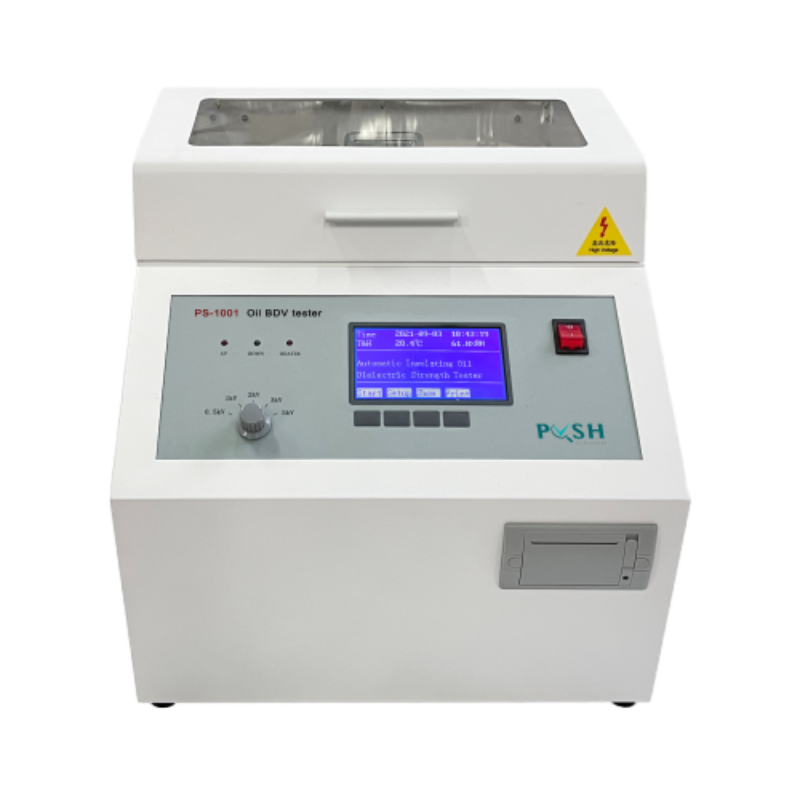TEL:
+86-0312-3189593
 English
English

Telephone:0312-3189593

Email:sales@oil-tester.com

-
 Afrikaans
Afrikaans -
 Albanian
Albanian -
 Amharic
Amharic -
 Arabic
Arabic -
 Armenian
Armenian -
 Azerbaijani
Azerbaijani -
 Basque
Basque -
 Belarusian
Belarusian -
 Bengali
Bengali -
 Bosnian
Bosnian -
 Bulgarian
Bulgarian -
 Catalan
Catalan -
 Cebuano
Cebuano -
 China
China -
 China (Taiwan)
China (Taiwan) -
 Corsican
Corsican -
 Croatian
Croatian -
 Czech
Czech -
 Danish
Danish -
 Dutch
Dutch -
 English
English -
 Esperanto
Esperanto -
 Estonian
Estonian -
 Finnish
Finnish -
 French
French -
 Frisian
Frisian -
 Galician
Galician -
 Georgian
Georgian -
 German
German -
 Greek
Greek -
 Gujarati
Gujarati -
 Haitian Creole
Haitian Creole -
 hausa
hausa -
 hawaiian
hawaiian -
 Hebrew
Hebrew -
 Hindi
Hindi -
 Miao
Miao -
 Hungarian
Hungarian -
 Icelandic
Icelandic -
 igbo
igbo -
 Indonesian
Indonesian -
 irish
irish -
 Italian
Italian -
 Japanese
Japanese -
 Javanese
Javanese -
 Kannada
Kannada -
 kazakh
kazakh -
 Khmer
Khmer -
 Rwandese
Rwandese -
 Korean
Korean -
 Kurdish
Kurdish -
 Kyrgyz
Kyrgyz -
 Lao
Lao -
 Latin
Latin -
 Latvian
Latvian -
 Lithuanian
Lithuanian -
 Luxembourgish
Luxembourgish -
 Macedonian
Macedonian -
 Malgashi
Malgashi -
 Malay
Malay -
 Malayalam
Malayalam -
 Maltese
Maltese -
 Maori
Maori -
 Marathi
Marathi -
 Mongolian
Mongolian -
 Myanmar
Myanmar -
 Nepali
Nepali -
 Norwegian
Norwegian -
 Norwegian
Norwegian -
 Occitan
Occitan -
 Pashto
Pashto -
 Persian
Persian -
 Polish
Polish -
 Portuguese
Portuguese -
 Punjabi
Punjabi -
 Romanian
Romanian -
 Russian
Russian -
 Samoan
Samoan -
 Scottish Gaelic
Scottish Gaelic -
 Serbian
Serbian -
 Sesotho
Sesotho -
 Shona
Shona -
 Sindhi
Sindhi -
 Sinhala
Sinhala -
 Slovak
Slovak -
 Slovenian
Slovenian -
 Somali
Somali -
 Spanish
Spanish -
 Sundanese
Sundanese -
 Swahili
Swahili -
 Swedish
Swedish -
 Tagalog
Tagalog -
 Tajik
Tajik -
 Tamil
Tamil -
 Tatar
Tatar -
 Telugu
Telugu -
 Thai
Thai -
 Turkish
Turkish -
 Turkmen
Turkmen -
 Ukrainian
Ukrainian -
 Urdu
Urdu -
 Uighur
Uighur -
 Uzbek
Uzbek -
 Vietnamese
Vietnamese -
 Welsh
Welsh -
 Bantu
Bantu -
 Yiddish
Yiddish -
 Yoruba
Yoruba -
 Zulu
Zulu
فبراير . 11, 2025 10:39
Back to list
ppm test for transformer oil
The integrity and efficiency of transformer oil is crucial for the resilience and performance of electrical power systems. One of the pivotal diagnostic tools used by engineers and technicians to assess the condition of transformer oil is the ppm test, which stands for parts per million. This metric evaluates the concentration of gases dissolved in the oil—a critical factor in diagnosing potential faults and ensuring the operational health of transformers.
Moreover, trustworthiness in conducting ppm tests for transformer oil is cultivated through stringent quality control measures and regular calibration of testing equipment. Laboratories and testing providers maintain rigorous procedural standards to eliminate any potential for error or bias, instilling confidence in their results. Additionally, insights derived from ppm tests have been instrumental in formulating preventative maintenance strategies. By identifying trends and patterns in gas concentrations, engineers can predict potential failures, thus avoiding costly outages and extending the lifespan of transformers. Such proactive maintenance approaches underscore the pivotal role of ppm testing in enhancing the reliability of power infrastructure. For organizations considering ppm testing, it is vital to partner with experienced professionals who not only understand the technicalities but are also invested in continual learning and improvement. As transformer technology evolves and operating conditions become more demanding, the methodologies and interpretations of ppm testing must also advance. In conclusion, the ppm test for transformer oil is more than a diagnostic measure; it is a cornerstone in the foundation of reliable and efficient power systems. By diligently applying expertise, adhering to authoritative standards, and maintaining high levels of trustworthiness, ppm testing can significantly contribute to the operational success and sustainability of modern electrical grids. Whether you are a utility provider, a maintenance technician, or a power engineer, understanding and leveraging the insights from ppm tests can be pivotal in safeguarding the future of energy supply systems.


Moreover, trustworthiness in conducting ppm tests for transformer oil is cultivated through stringent quality control measures and regular calibration of testing equipment. Laboratories and testing providers maintain rigorous procedural standards to eliminate any potential for error or bias, instilling confidence in their results. Additionally, insights derived from ppm tests have been instrumental in formulating preventative maintenance strategies. By identifying trends and patterns in gas concentrations, engineers can predict potential failures, thus avoiding costly outages and extending the lifespan of transformers. Such proactive maintenance approaches underscore the pivotal role of ppm testing in enhancing the reliability of power infrastructure. For organizations considering ppm testing, it is vital to partner with experienced professionals who not only understand the technicalities but are also invested in continual learning and improvement. As transformer technology evolves and operating conditions become more demanding, the methodologies and interpretations of ppm testing must also advance. In conclusion, the ppm test for transformer oil is more than a diagnostic measure; it is a cornerstone in the foundation of reliable and efficient power systems. By diligently applying expertise, adhering to authoritative standards, and maintaining high levels of trustworthiness, ppm testing can significantly contribute to the operational success and sustainability of modern electrical grids. Whether you are a utility provider, a maintenance technician, or a power engineer, understanding and leveraging the insights from ppm tests can be pivotal in safeguarding the future of energy supply systems.
Latest news
-
Testing Equipment Industry Sees Major Advancements in 2025: Smart & Precision Technologies Lead the WayNewsJun.06,2025
-
Applications of Direct Current Generators in Renewable Energy SystemsNewsJun.05,2025
-
Hipot Tester Calibration and Accuracy GuidelinesNewsJun.05,2025
-
Digital Circuit Breaker Analyzer Features and BenefitsNewsJun.05,2025
-
Benefits of Real-Time Power Quality Monitoring Devices for Industrial EfficiencyNewsJun.05,2025
-
Earth Fault Loop Testing in High-Rise Building Electrical SystemsNewsJun.05,2025



